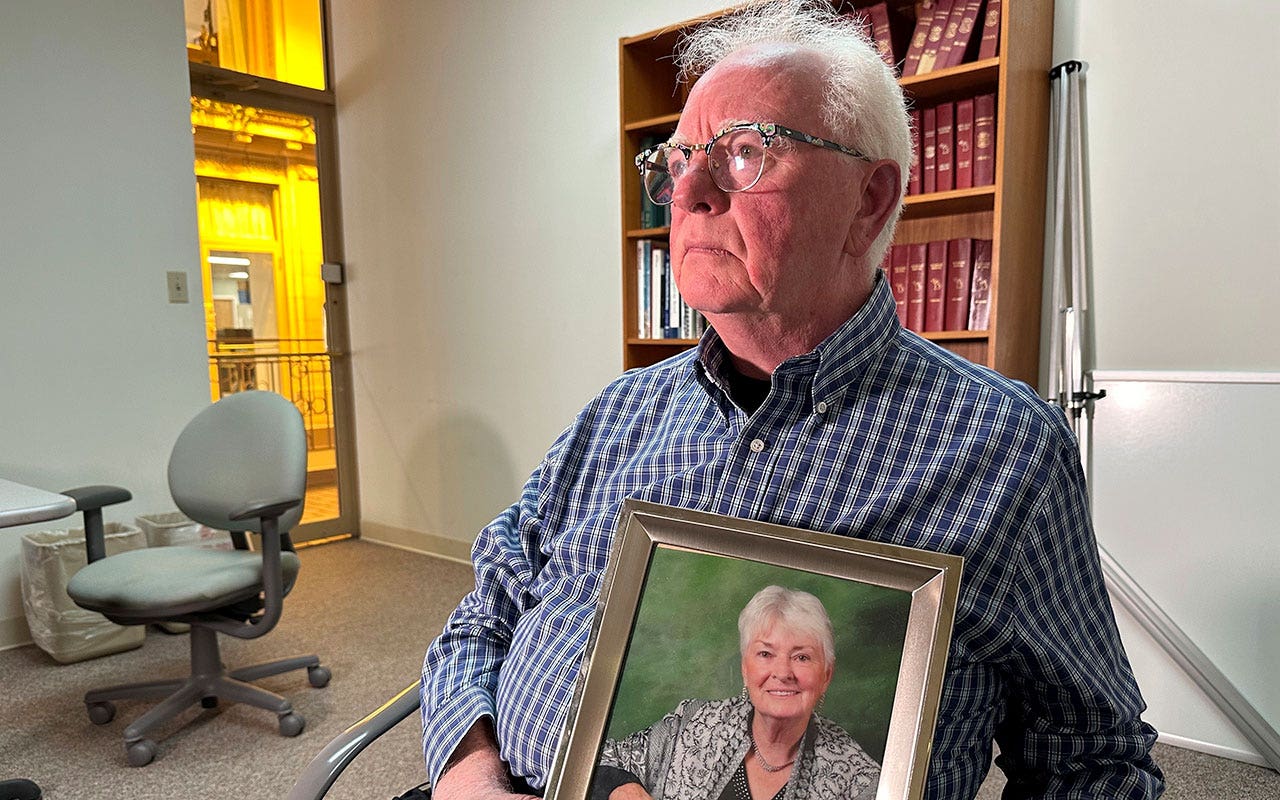For his victory in the Candidates, Mr. Gukesh earned 111,000 euros, or nearly $120,000.
There were eight elite players in the competition, including Fabiano Caruana and Hikaru Nakamura of the United States, ranked Nos. 2 and 3 in the world, and Ian Nepomniachtchi of Russia, No. 7, who was the runner-up in the last two world title matches. Those three players tied for second, a half point behind Mr. Gukesh.
In such a small field, anyone can go on a roll and win, but Mr. Gukesh’s victory was still unexpected. Among those who doubted his chances was Magnus Carlsen, a former world champion. “I cannot imagine him winning,” Mr. Carlsen said of Mr. Gukesh in a video recorded with David Howell, an English grandmaster, just before the competition began. “He is not quite ready yet to make a leap, and I think it is more likely that he has a bad event than a good event,” he added.
Indeed, in Round 7, Mr. Gukesh lost badly to Alireza Firouzja of France. But instead of being a breaking point, that defeat turned out to be a watershed moment, as Mr. Gukesh explained during a post-tournament news conference.
“If I had to pinpoint a moment where I really felt this could be my moment was probably the seventh game, after I lost to Firouzja,” Mr. Gukesh said. “Obviously, I was quite upset after that. But even though I just had a painful loss, I was feeling at my absolute best. Maybe this loss gave me so much motivation.”
It turned out to be the only loss for Mr. Gukesh, who won five games and drew the rest.
As the final seconds of the tournament ticked away and it became evident that Mr. Gukesh would win, Mr. Carlsen admitted on a call with Chess.com, which was streaming the event, that Gukesh was “probably a bit stronger than we realized.”






